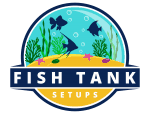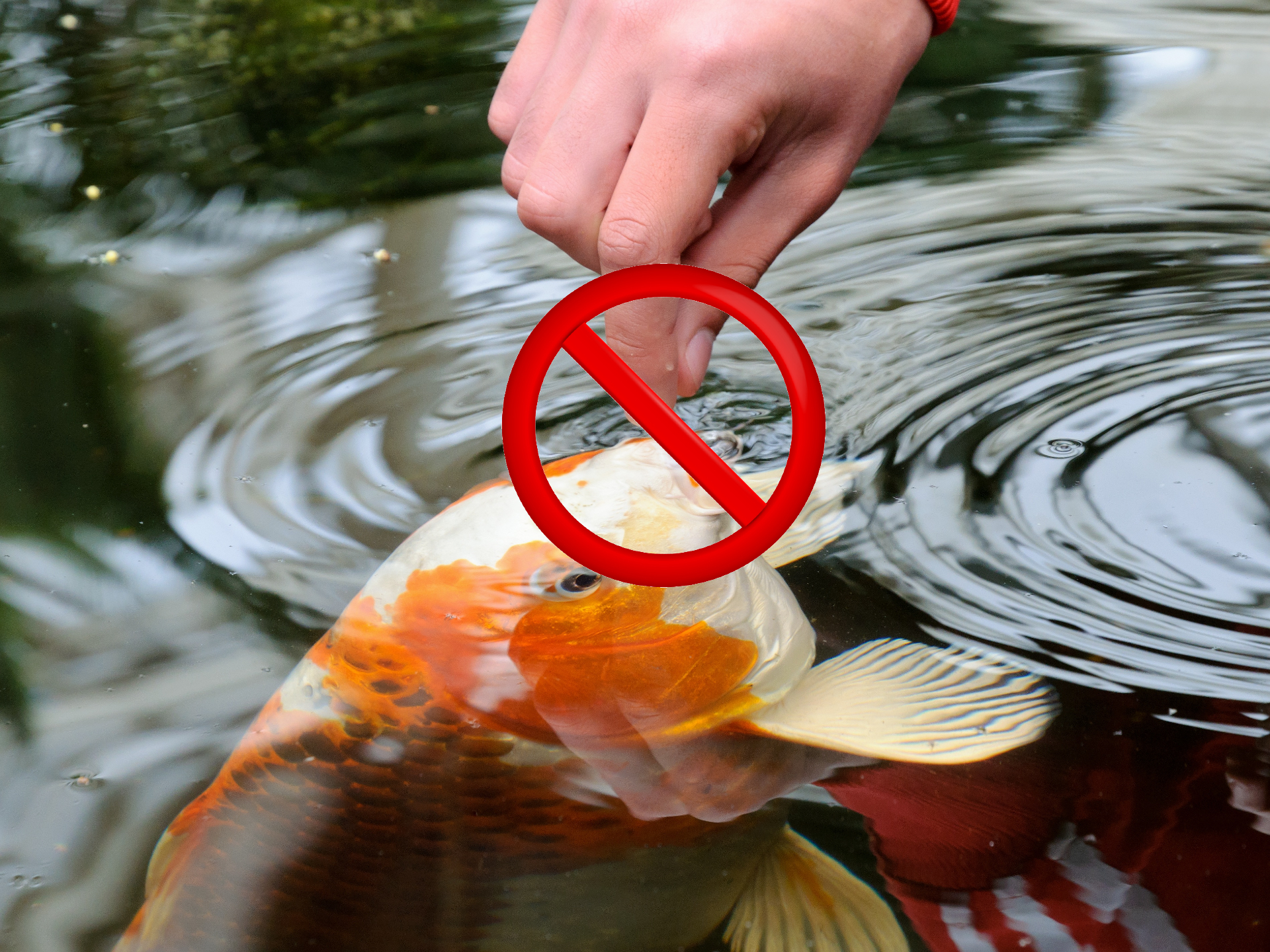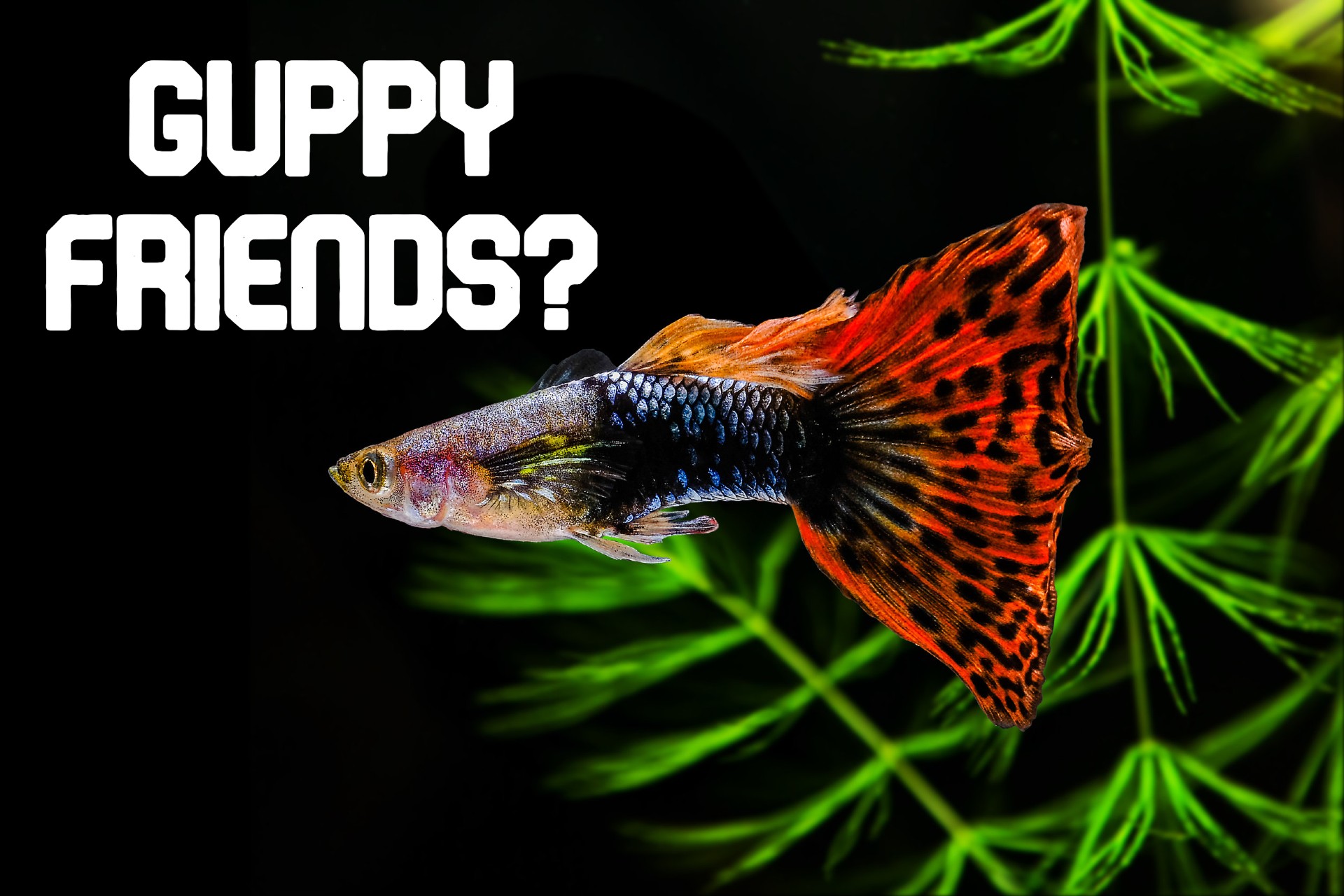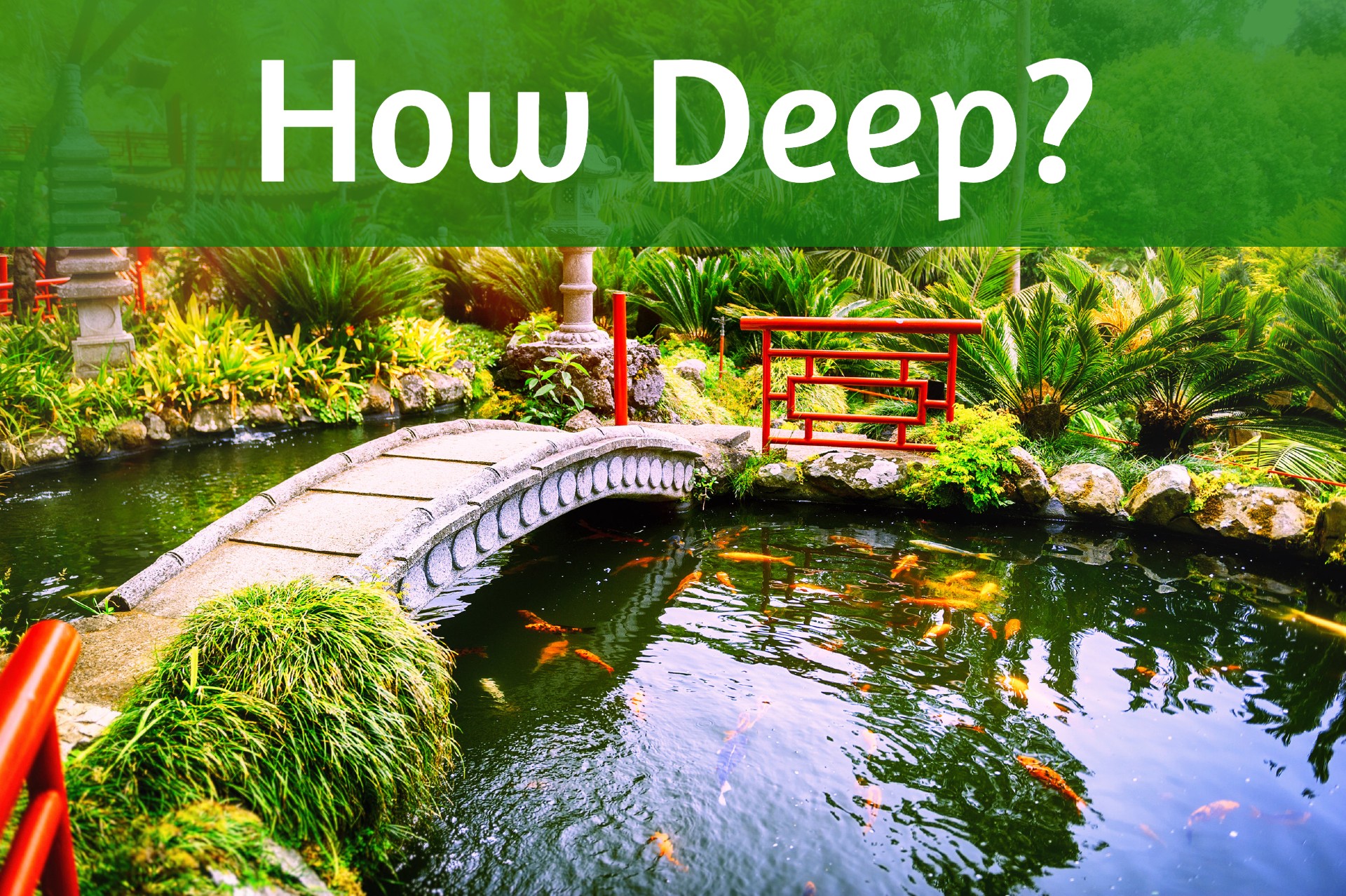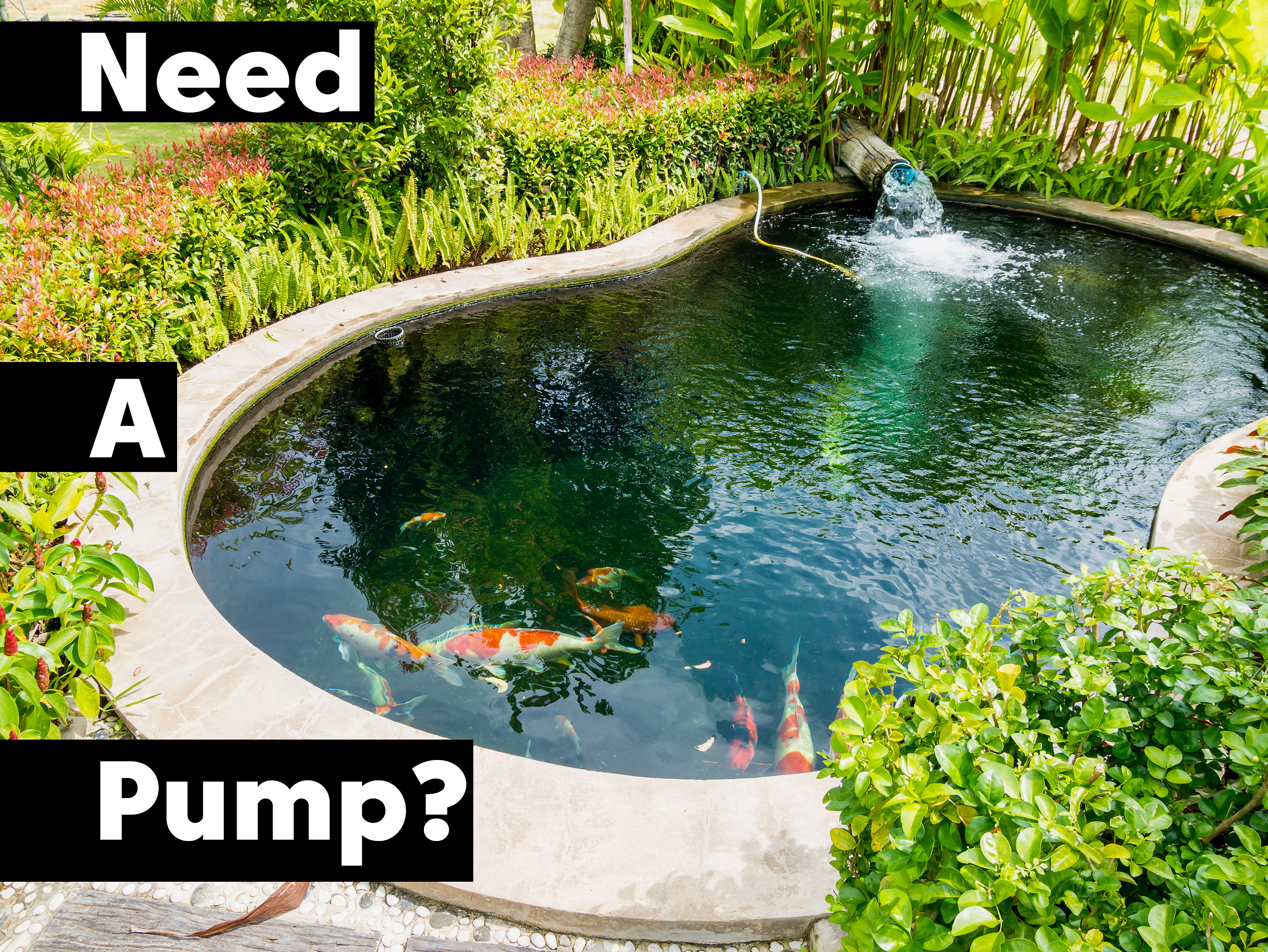If you’re headed out on a trip, you might be wondering what you can do to keep your pond fish safe and well-cared for. You may have second thoughts about leaving your fish alone (without food!) for long periods of time leaving you to ask the question: Can pond fish survive without feeding?
Pond fish can survive a surprisingly long amount of time without any food at all – in most cases, more than two weeks! This is dependent on several factors, though, including:
- Age of the fish
- Species of the fish
- The temperature of the water
- Feeding habits
We’ll examine all of these factors and more in this article – and we’ll walk you through everything you need to know about leaving your pond fish alone without food.
Can Pond Fish Survive Without Feeding?
To put it simply – yes, they absolutely can. That’s not to say that you can get away with never feeding your fish, though. Although pond fish are much more resilient than other pets, including the fish you might keep in an aquarium, they do still need to be fed from time to time. However, they can get by with much less frequent feedings.
In fact, some fish, like koi and goldfish, naturally fast all winter long when temperatures drop below 55 degrees. They will miraculously continue to put on inches and weight over the winter months, even without any food. Fasting is common, particularly if the conditions mimic those that your pond fish would experience in the wild.
Don’t forget, too, that there are some naturally occurring elements in your pond that can help sustain your fish even if you aren’t feeding them directly. From bugs to microscopic organisms to algae, there will be plenty of food to get your fish by for long periods of time.
How Often You Should Feed Pond Fish
The frequency with which you should feed your pond fish will vary depending on what type of fish you have, where you live, and what your pond conditions are like. For the most part, fish will find their own food in the pond but can go for two weeks without food regardless of this. They are different from mammals in that they don’t need to eat every single day in order to remain happy and healthy.
Exactly how long a fish can go without food will vary depending on the fish’s size, age, and feeding habits. Generally, fish that are older or larger can go longer without food than smaller or younger fish.
Similarly, carnivores can go much longer than herbivores. This is similar to natural behaviors. In the wild, carnivores need to be adapted to periods of scarce food resources, while herbivores will likely be able to find food every day. Plus, plant matter tends to be more nutritionally dense (harder to break down) yet calorically deficient, so they need to eat more often and in larger amounts to maintain their health.
A good baseline to follow, however, is about two weeks. If you can commit to a biweekly feeding schedule, this will be sufficient for just about every type of fish. Just monitor how much food is being eaten and watch your fish carefully. If it seems as though algae and other build-ups are accumulating in the tank, you may want to switch to a less frequent feeding schedule.
What to Feed Pond Fish
Not all pond fish are alike, but there are usually some commonalities between the most common species of pond fish.
For example, most are omnivores and will eat a wide array of foods. Koi and goldfish, two of the most popular pond fish, regularly eat citrus, squash, peas, spinach, blood worms, algae, shrimp, and more.
If the water temperatures are warmer – above 60 degrees or so – your fish will have a high metabolism and need foods rich in protein. For cooler waters, a diet lower in protein but higher in carbohydrates (like fruits and vegetables) will suffice.
If you don’t provide your pond fish with supplemental food, they’ll have some foods they can go after that are found in the natural environment instead. Depending on how authentic your pond is – and whether or not it is man-made – your pond fish might be able to nibble on items like crustaceans, insects, macroinvertebrates, and duckweed.

Tips for Feeding Pond Fish
Feeding pond fish is similar to feeding other types of pets, but there are some important differences to be aware of. For starters, it’s not like feeding a dog or cat in that you can fill a bowl and walk away. You need to be more vigilant when it comes to removing unwanted food.
Fish, like other animals, will only eat as much as they want and leave it when they are done. If you add too much food to your aquarium, your fish will ignore it. However, unlike when you leave a bowl of dog food on your kitchen floor, this disregard won’t be harmless. Instead, the food will start to break down and will drag down the water quality in your pond with it.
This is harmful to a number of reasons. Not only will it raise nutrient levels, discolor the water, and lead to smells, but it can also attract pests like flies and mosquitoes. That means more work and more maintenance for you. Plus, it can harm the health of your fish.
You might consider setting up a feeding station. With pond fish, it’s easy to train your pets to come to you at feeding time. They’ll associate your presence with the presence of food, which will make it easier for you to observe how much your fish are eating as well as if they are presenting any specific health problems.
Therefore, it’s better to underfeed than it is to overfeed your fish. Don’t toss food in and walk away. Fish don’t overeat, but it’s very easy for us to overfeed. Take your time when feeding your fish, and watch them see how they are doing at cleaning them up.
How much to feed your fish will vary depending on the time of year. A fish will eat drastically different portions in May versus in November. Make sure you adjust your feedings based on the climate!
Need to extend the time that you go without feeding your pond fish? Here’s a quick tip. Lower the temperature. You might not have a lot of control over this if you are maintaining an outdoor pond – after all, it will be subjected to the whims of the climate – but if you have a heater, consider pulling it or dialing it down a bit.
Lower temperatures slow the metabolism of your fish, reducing their requirements for food. So, too, does lengthening the time of daylight. This limits activity and tricks your fish into believing they are entering the fasting period.

When to Avoid An Infrequent Feeding Schedule
Most adult pond fish can handle being fed only once every two weeks – they will find some natural food in the pond. However, here are some circumstances that can make an infrequent feeding schedule not just unwise, but dangerous.
You will need to feed your fish more often if your fish are suffering from some kind of disease or physical ailment. If they are sick, they most likely will eat in smaller amounts. You will also need to check on them more frequently anyway since you will be administering medication or other types of treatments. It’s a good idea to keep tabs on your pond fish when they are sick to make sure they are healing properly.
Young, developing fry should also be fed more frequently. These small creatures often don’t have the natural coping mechanisms necessary to survive for two weeks or longer without food.
Similarly, if your pond’s conditions are not ideal, it is not wise to further stress your fish with infrequent feedings. Temperature plays a major role in how much or how little you can feed your fish. When the temperature of your pond water is either too cold or too hot, your fish will adapt their metabolisms and the amount that they need to eat.
The age of your pond matters, too. If you have a newer pond, keep in mind that the ecological balance between your pond volume and fish load might not have been reached yet. It might be overstocked in terms of waste or behaviors and you won’t have a good handle on what the carrying capacity of your pond is until you’ve had more time to observe your fish in action.
Finally, the size of your fish matters. If you have a pond in which there are fish of numerous sizes, waiting up to two weeks to feed them can be dangerous. Once your fish run out of natural food, the larger fish are likely to prey upon the smaller ones – yes, even if they are natural herbivores! Desperate times lead to desperate measures.
How Long Pond Fish Can Survive Without Feeding
With a little bit of planning and preparation, pond fish can survive for two weeks or more without food. Just make sure you have taken some time to observe your pond fish’s feeding habits before you schedule time away from them. That way, you’ll have a better idea of exactly how long your unique group of fish can go without food and you won’t have to worry while you are away.
Related Topics
If you like the article above, here are some other similar articles you should check out!
Can Fish Ponds be in the Shade?
